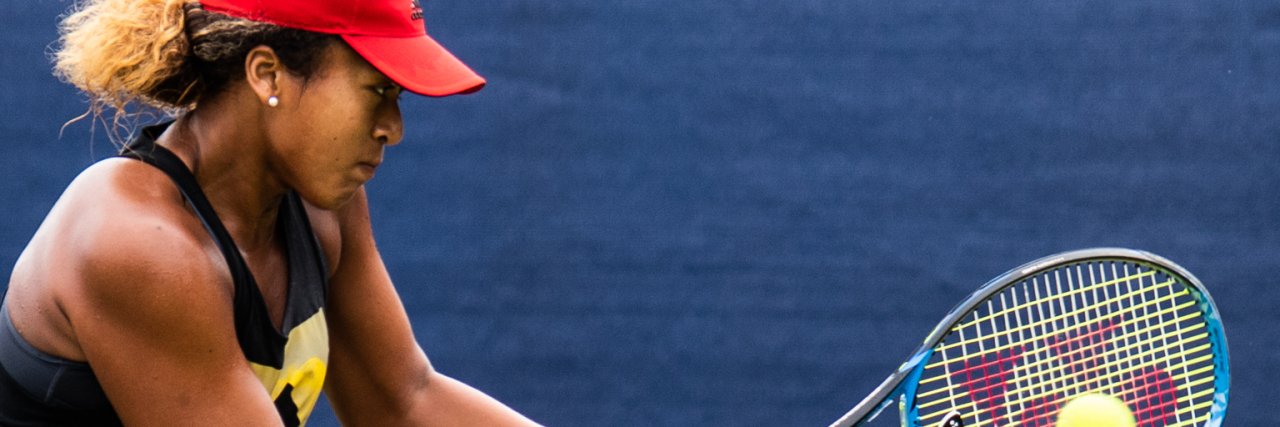Three years after her win in the US Open against Serena Williams, it seems Naomi Osaka has found herself making headlines again. And just like 2018, the stories aren’t so focused on her incredible talent. Last time, Serena Williams was arguably able to steal the spotlight and taint Naomi’s win. This time the battle isn’t with just one player, but instead with the French Open as a whole.
Naomi made a decision that was right for her. She chose to do what she needed to protect her mental health and her boundaries, and she was punished for doing so. First with fines, then headlines — ones that painted her as the villain for putting her mental well-being before anything else.
The French Open rules state that press interviews are mandatory for players, no exceptions. But, we’ve all seen the damage the press can do, with some people hounded into injury and illness — stress can do that for you. After all, the past year has seen self-care become more of a priority due to the COVID-19 pandemic, as we all were forced to take a step back and work on keeping our minds well in a challenging time. So, surely rules need changing to keep up with that?
In the end, Naomi was left with three choices: do the press interviews and damage her mental health, refuse and get expelled from the tournament, or resign from it altogether. It’s no surprise that she chose the latter.
Naomi showed the sports world that there’s still a long way to go when it comes to mental well-being and that rules that were once the norm may need amending or removing altogether. Athletes, celebrities, and anyone in the public eye deserve to have their privacy and their space for self-care. They are not here solely for our benefit or our enjoyment, or to promote something on someone else’s behalf. They’re people too, and their physical, emotional and mental health all deserve to be treated as seriously as a broken limb would be.
The French Open has a chance here to make a change, to relieve the pressure they’re putting on their athletes off the court. They can readdress the rules, and make sure this doesn’t happen again. Executive-level rules, off-court ones at that, should not come before the well-being of competitors — their mental health is not sacrificial in the hunt for profit and sponsors.
Signing up to be a celebrity doesn’t mean signing away the right to safe space — a space so often violated by journalists in need of a story. We need to remove our expectations and let athletes and celebs enjoy that privacy whilst doing what they trained for so long and worked so hard to do.
Peter Menzel, CC BY-SA 2.0, via Wikimedia Commons

